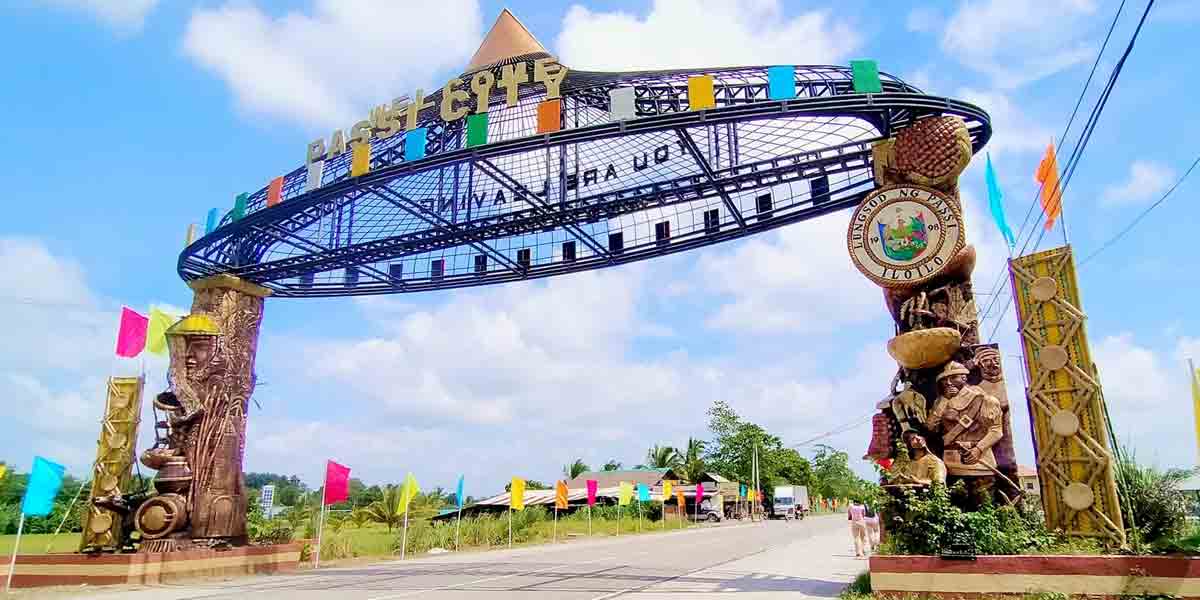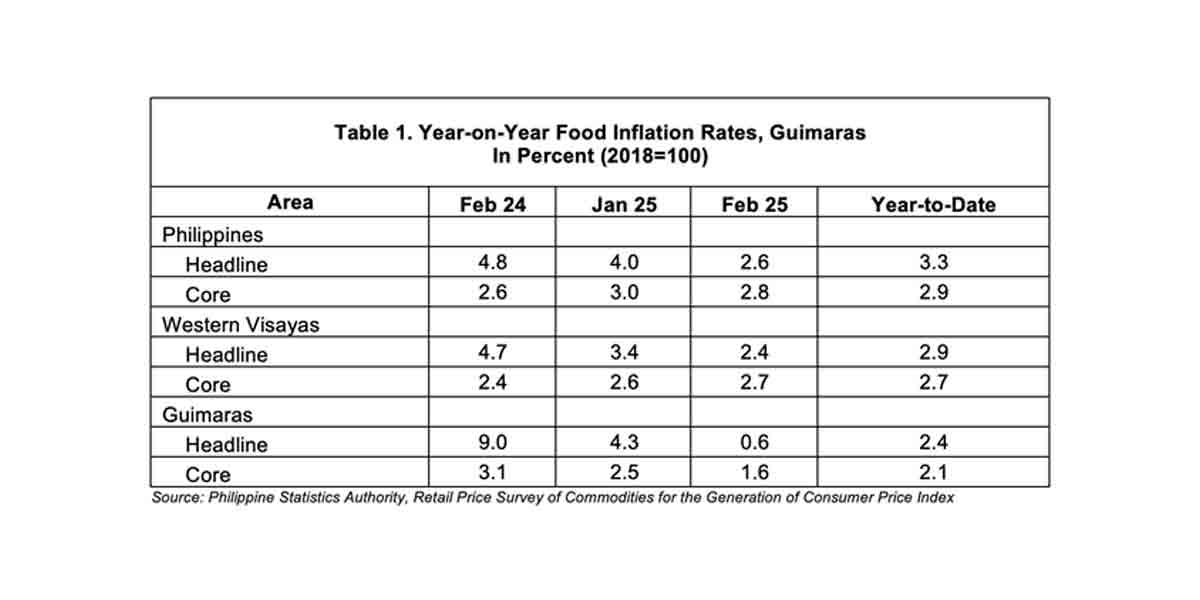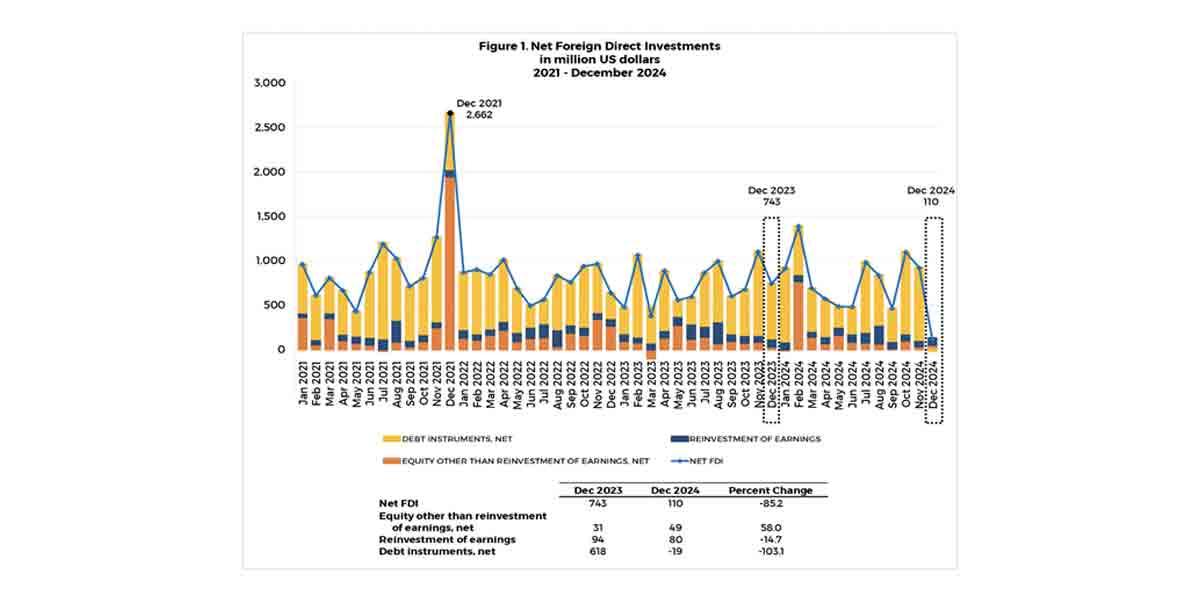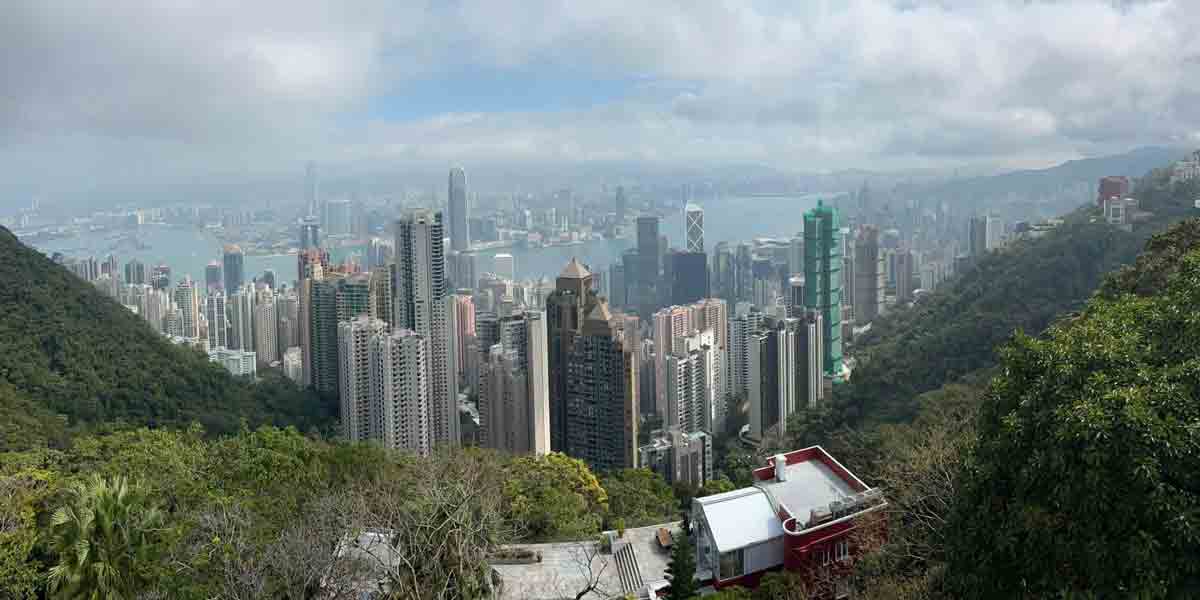
Similar experiences of Chinese vessels ramming and sinking of Philippine and Vietnamese fishing boats in separate incidents have led both ASEAN-member countries to file protests against China.
Philippine Foreign Affairs Secretary Teodoro Locsin Jr., in filing a diplomatic protest against China over the pointing of a radar gun at a Philippine Navy ship in the disputed West Philippine Sea (WPS), recounted the Vietnamese boat’s sinking by a Chinese Coast Guard vessel in the South China Sea (SCS).
The first case of a violation of Philippine territorial rights through the sinking of a fishing boat by a Chinese vessel left 22 Filipino fishermen floating in the high seas until rescued by Vietnamese.
“Our own similar experience revealed how much trust in a friendship is lost by it and how much trust was created by Vietnam’s humanitarian act of directly saving the lives of our Filipino fishermen”, said a grateful DFA Secretary Locsin.
The Vietnamese government, led by Prime Minister Nguyen Xuan Phuc, filed a Note Verbale against China at the United Nations Security Council (UNSC). Vietnam holds a nonpermanent seat at the UNSC for the term 2020 and 2021.
Another international position Vietnam holds is its ASEAN Chairmanship. Affected by the COVID19 pandemic, Hanoi’s term leaves much of its 2020 mission unfulfilled. Foremost of its policy objectives is to foster more regional unity in the face of Chinese aggressiveness in claiming large and substantial territories.
Vietnam is looking at an extension of its term to complete its job.
According to the Diplomat, “US State Department spokeswoman Mogan Ortagus said that China has continued to deploy maritime militia around Spratly Islands and amid the pandemic, has announced new research stations on its military bases it has built on Fiery Cross Reef and Subi Reef”.
Governments with similar claims on South China Sea believed that
Chinese vessels involved in assaulting vessels that came near their claimed seas are part of maritime militia assigned by Beijing.
To further its dominance of the South China Sea, China declared that two areas in the disputed Spratly and Paracel Islands will be part of the Hainan province.
These transgressions, particularly the ramming of a Vietnamese boat, have filtered down to the minds of the citizenry that there exists now a strong sentiment against Chinese interests in the country.
Anti-Chinese sentiment in the Philippines is more intense as the Chinese control not only its outlying areas in the WPS but likewise, critical industries servicing consumers, from power – the National Grid Corporation of the Philippines (NGCP) – to telecommunications through ChinaTel and its Filipino JV partner, DITO Telecommunity.
State of China’s control of infrastructure has greater impact as it is natural resources-based: the Kaliwa dam, the former US bases of Sangley Navy and Clark Air and more damaging – oil exploration in the WPS.
China President Xi Ping wanted the Philippines to withdraw its arbitration victory over the WPS in exchange for a JV funding of an oil exploration project. If the WPS is estimated to be USD7 trillion worth, industry pundits say that the Philippines can go it alone.
















